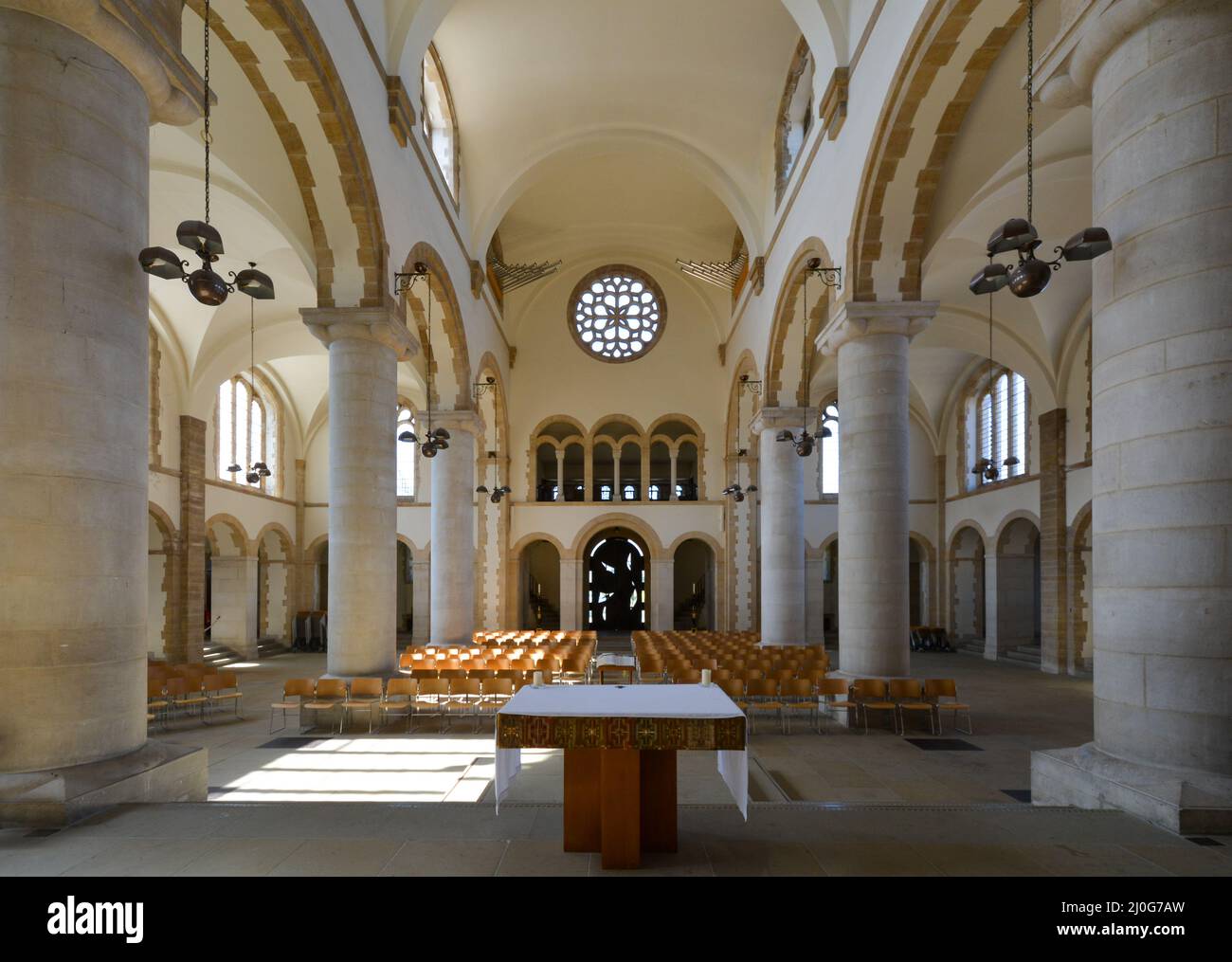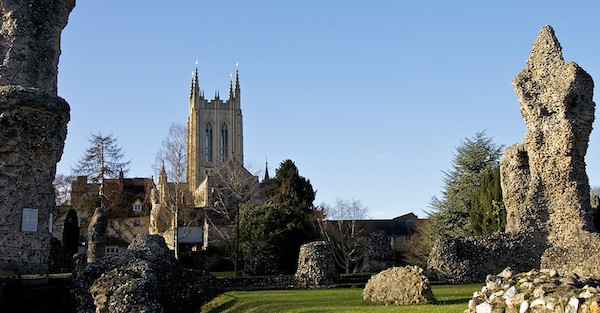The Scottish Laity Network, with more 900 members, covering all eight Scottish dioceses, has recommended that synodality, “be our way of being Church”. Its synodal submission recommends that all bishops’ conferences, dioceses and parishes “should embrace the synodal model and ensure that all their procedures and structures are, where needed, revised to reflect this”. Parish pastoral councils should be elected, but where the followers of Jesus are no longer being fed and nourished in their discipleship they should be encouraged to gather together as ecclesial communities. There is a call to address the “scourge of clericalism that has in too many places created a clerical caste” and a proposal for ministry “that does not prohibit people because of their gender, sexual identity, or marital status”. The network suggests the Church must never use or condone the use of non-disclosure agreements. The Church is asked “to prioritise encountering and listening to the poor and oppressed within their community, within their nation and globally”.
Benedictine monks and nuns returned to St Edmundsbury in Bury St Edmunds for the first time in more than 500 years as part of the cathedral's 1000-year celebrations in mid-May. They came from across the UK as well as other countries including Belgium and Ireland and spent the weekend exploring how the wisdom of St Benedict applies to the 21st century, particularly life after the coronavirus pandemic. The last time the Benedictines joined in prayer at St Edmundsbury was just before Henry VIII’s commissioners dissolved the abbey in 1536, leaving it in ruins. Services including a Catholic Mass and a sung festival Eucharist were led jointly by the Bishop of East Anglia, Alan Hopes and the Anglican Bishop of St Edmundsbury and Ipswich, Martin Seeley. Former Archbishop of Canterbury, Dr Rowan Williams, was a speaker. Abbot Geoffrey Scott, of Douai Abbey in France, became the first Benedictine Abbot to speak at the site for centuries. The event closed with sung vespers and a procession through the streets of Bury St Edmund’s to the crypt, beneath which pilgrims would once have venerated the martyred body of St Edmund, an Anglo-Saxon king killed by the Vikings who became England’s first patron saint.
Bishop Hugh Gilbert of Aberdeen has been appointed to the Vatican’s Dicastery for Divine Worship and Discipline of the Sacraments, which deals with liturgical matters within the Church. Such appointments are usually held for a period of five years. A former Abbot of Pluscarden Abbey, Bishop Gilbert was appointed to the Aberdeen diocese by Pope Benedict XVI in 2011.
Fr Paul Keane, Vice Rector at St Mary’s College, Oscott in Birmingham is to be the new chaplain at Fisher House, Cambridge University Catholic Chaplaincy. Fr Paul, a graduate of Peterhouse and formerly chaplain at Essex University, will be moving to Cambridge this summer, ready to take up the post in time for the new academic year.
Following the success of a questionnaire to clergy, Southwark Racial Justice Commission is surveying parishioners throughout the archdiocese “to better understand the extent and nature of racism and cultural exclusion within the archdiocese, and hence develop strategies to tackle them”. Archbishop of Southwark John Wilson is committed to making sure that parishes, schools, and communities are places “where everyone is welcomed, affirmed, encouraged and respected for the person that God has created them to be and for the person God is calling them to become, particularly in assuming all roles of leadership”.
Ahead of Volunteers’ Week on 1 June, a Mass of Thanksgiving was held in Salford to celebrate and thank volunteers for their work. Bishop John Arnold of Salford presided and thanked all present for their support of Caritas Salford and those served by its projects. It was also an opportunity to mark the 30th anniversary of the Cornerstone Day Centre in Manchester which helps disadvantaged people and, after Mass, a celebration was held there. Patrick O'Dowd, Director of Caritas Salford, reported that the cost of living crisis is leading to more individuals and families facing poverty and being assisted by the centre. He quoted one community volunteer saying: “Cornerstone doesn't exist without volunteers – we are needed – which is also a good feeling and I can give something back for the help I received in the past. We can all help each other.” During the first week in June services and lunches were held across the diocese to celebrate the contribution of volunteers.
Archbishop of Dublin Dermot Farrell has pledged to respond “positively and swiftly” to new proposals put forward by his parishes to deal with the shortage of priests. In his homily for the Feast of St Kevin, a patron of Dublin, Archbishop Farrell acknowledged that his diocese, the largest in Ireland, is facing “great challenges”. “We face a particular challenge of the shortage of priests to minister to our parish communities, communities which themselves are very different from even one generation ago,” he said. At Mass in Dublin’s Pro Cathedral, he said that as bishop of the diocese, it was his strong conviction that “we are not called to be passive in the face of changes which imperil the three-fold mission with which we have been entrusted, but together to shape our future in the light of the gospel”.
Quakers have agreed they will make practical reparations for the trans-Atlantic slave trade, colonialism and economic exploitation. At their annual gathering last weekend, Quakers asked all their meetings and trustees to examine their resources and consider how to make reparations by financial and other means. More than 1,000 Quakers met for their yearly meeting at Friends House in London and online. Their decisions build on work already begun to understand how to make reparations for the actions of the past and their enduring consequences felt in lives today.
The prime minister's youngest child has been baptised a Catholic in Westminster Cathedral. Romy, short for Rosemary, was born to Boris Johnson and his wife Carrie in December 2021, seven months after her parents were married in a Catholic ceremony, also at Westminster Cathedral. Her brother Wilfred, now two, was baptised at the same Cathedral in 2020.
The England and Wales Cricket Board issued a “Unity Statement” on 2 June, signed by 13 religious leaders and featuring contributions from various faith organisations. Figures including Rabbi Nicky Liss of Highgate Synagogue, Revd Chris Kennedy, the captain of the Archbishop of Canterbury’s XI, the leading Buddhist teacher Emma Slade, and the Archbishop of Westminster, Cardinal Vincent Nichols, were present at Lord’s on the first day of England’s Test match against New Zealand, where the statement was unveiled. Heaven Help Us Cricket Club and the Green Park Foundation organised the statement to affirm the value of cricket in bringing different communities together.



 Loading ...
Loading ...